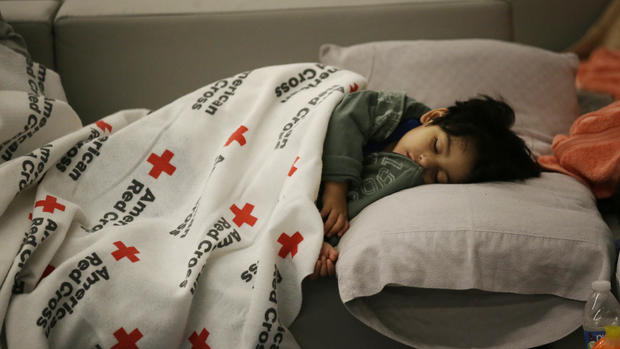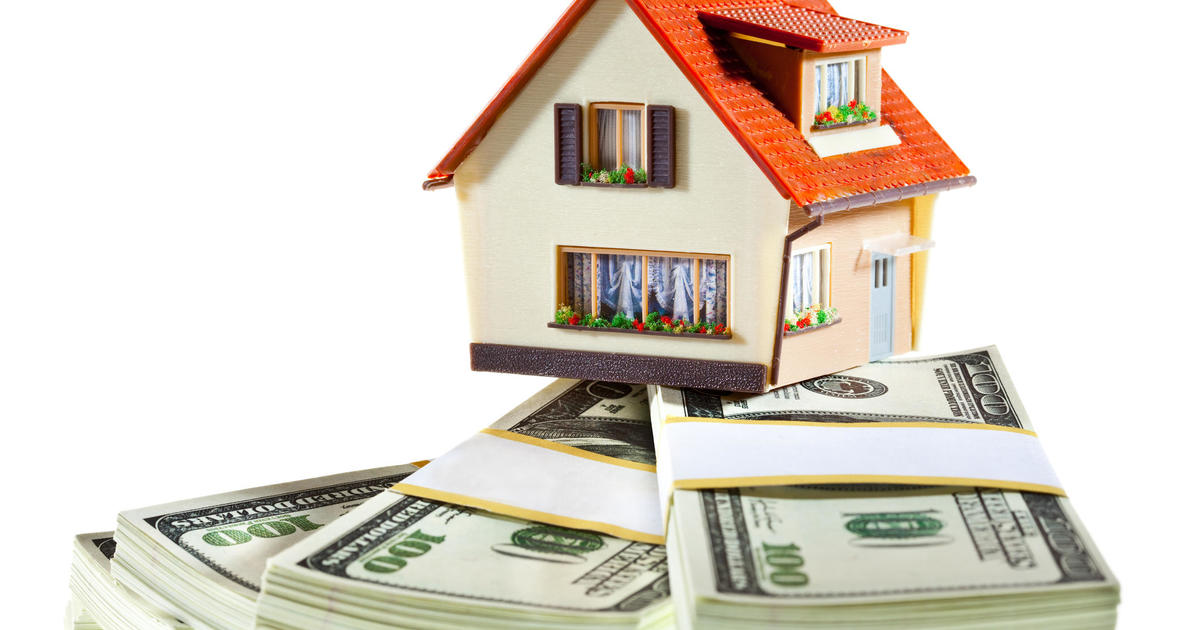What NOT to do after your home is flooded
Courage abounds in Houston these days, as rescue workers and ordinary citizens alike risk their lives to save children, the elderly and pets from the ravages of tropical storm Harvey. But when it comes to saving your home, CEO Sheldon Yellen of Belfor Property Restoration has a different message: Don't be a hero.
"Don't sit in your house to try and save it," he said. "Get to a shelter."
And if you have a family, it might make sense to get out of town. "Put the kids up with relatives," Yellen said. "Or stay at a hotel until it's safe." Federal and state emergency funds help to make this an alternative in many instances. Once you're in a safe place, consider your options before taking any action to protect your house.
Yellen, who's been in the restoration business for 33 years, is sending trucks, equipment and more than 900 trained personnel to the Houston area to help shore up and repair schools, hospitals, major retail centers and even a refinery. But he doesn't recommend that people who aren't providing assistance to others should stay in their home -- not while dams are bursting, sewage is contaminating the water and electric lines risk sparking fires.
Instead, anyone whose home or business has sustained damage should focus on long-term planning: talking to your insurer, obtaining a loan from the Federal Emergency Management Agency (FEMA) and looking for a licensed professional contractor who will help you rebuild.
For now, a "do-it-yourself" job is impossible given the conditions in areas affected by Harvey. For one thing, supply stores might not be open to purchase a generator, fan or fumigants. Even clean water is hard to find.
"People are coming up to our trucks asking for water and we can't help them," Yellen said. "We need it for our own employees who are working around the clock."
For those who are unable or unwilling to leave Houston and other flooded communities, here's his and other experts' advice:
Wear knee-high rubber boots. They will protect against electric shocks.
Avoid standing water, as it could be electrically charged from underground or by downed power lines, warns Edison Electric Institute, which provides a wide array of online links to help people cope with power problems.
Try not to let your face or hands touch the contaminated water flowing throughout the city. Exposure for six hours or more could lead to infection.
Attempt to keep your cell phone charged, and use it sparingly or only for emergencies.
Contact your property insurer when it sets up a mobile office in your area. Filing a claim early will probably result in an earlier resolution.
Don't buy replacement furniture until your home is totally repaired. Bear in mind that it could take longer than you think.
Beware of mold and mildew, your worst enemy in a warm, humid climate. And the delay in returning home will give it a head start, with walls having to be torn out. "You can't go in there and dry it out in a day," said Kevin Erwin of Island Improvements, a New Jersey restoration specialist who helped in the rebuilding process after Superstorm Sandy in 2012. The longer the mold grows, the higher up the flooded-out walls and insulation inside them will have to be removed.
Notify your mortgage lender immediately, said Greg McBride, a Bankrate.com financial analyst. "Late fees are typically waived and, in extreme cases, monthly payments may be deferred."
Have cash on hand, particularly to cope with rising gasoline prices. Look for your bank to set up a mobile branch in your area, McBride said.
Most important, stay positive and believe that "tomorrow will be better," Yellen said. "Look at every community that's been hit by a hurricane, such as New Orleans and Katrina. It's come back stronger than ever."




